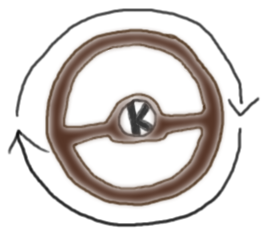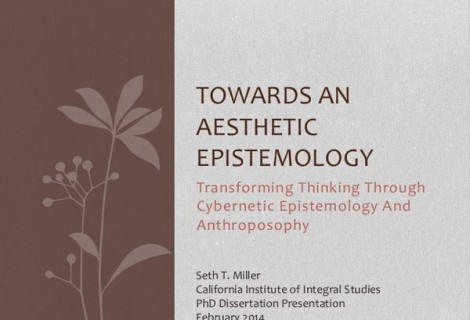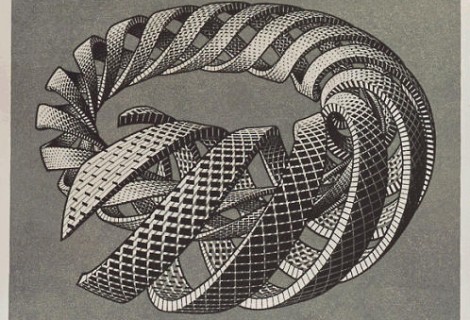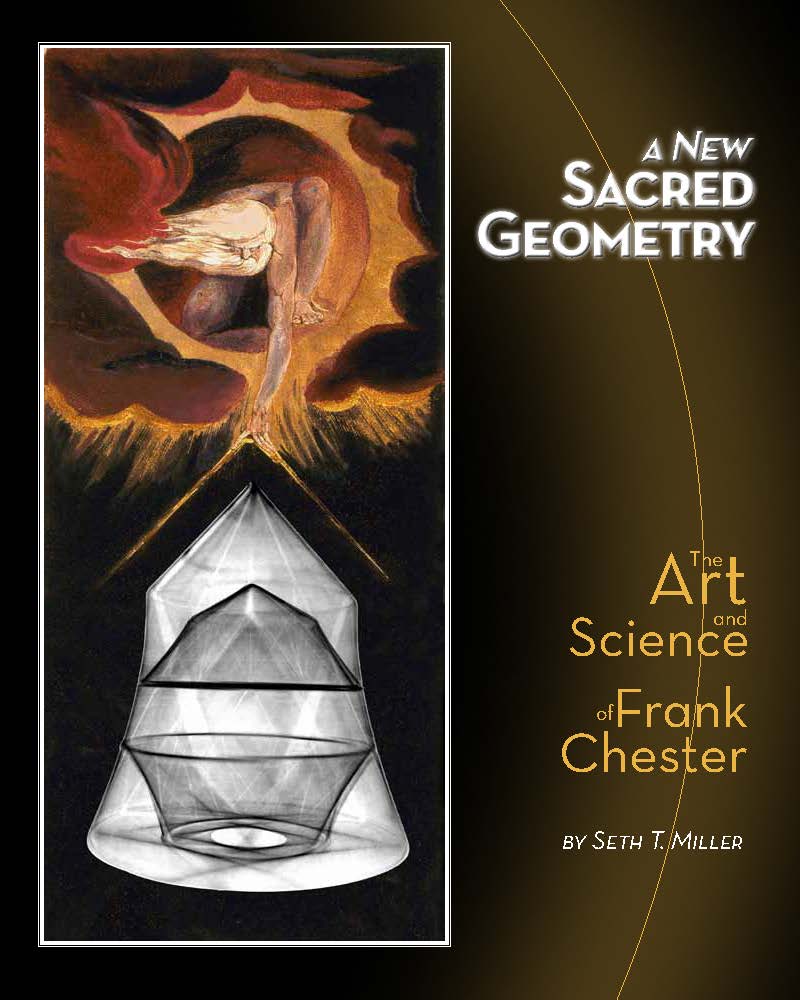Form and content – two levels of change
« Previous Page | 1 2 3 4 5 6 7 8 9 | View All | Next Page »
Recursive Connections
Identifying the difference between Form and content is only a first step to understanding the deeper nature of change. We must consider that recursion between levels plays a very key role in the way change unfolds. This is something that is somewhat difficult to grasp because of its abstract nature, but when you “get it” you’ll start to see this principle operating everywhere.
Recursion occurs when some difference within a system propagates through the system in a way that affects the process by which the original difference was created. At the lowest level, a recursive system is self-directive (hence the term “cybernetics,” from the Greek for “the art of steering,” refers to the modern study of recursive systems). This is because a system’s next “move” is dependent upon feedback loops that carry forward differences inherent in its current state. This is the first half of recursion: how things are now changes how things will (and can) be. The second half of the recursion is that how things will be also changes how things are now. I state it this way to make the paradoxical nature of recursive systems unavoidable from the beginning. We’ll return to this later.
There are many types of recursive systems. On the simpler side of things, we have already seen that even a mathematical formula can be recursive. Many physical technologies rely upon recursive connections. Global climate, for example, is a massively recursive system, with many nested and interweaving layers of activity, each of which dynamically affects others through from sea currents to air temperatures to local weather. But there are plenty of mathematical formulas and physical systems that are not recursive as well. On the more complex side of things, however, all life, from the simplest single-celled organism on up, is recursive. In a very direct way, life itself can be illuminated through precisely its endlessly diverse embodiments of the principle of recursion. Within the domain of living beings recursion is integral to the bringing forth of ever more complex forms and potentials. Plants operate recursively, but animals exhibit a greater range, complexity, and diversity of recursive interactions. Human beings are even more recursively complex. In human beings recursivity is exemplified not just in terms of physiology, but also in terms of what is possible for us epistemologically. This is true unconsciously for animals, who have their own kind of knowing that is self-directed (and the animal kingdom as a whole exhibits a very wide range of types and levels of self-direction). Humans are unique in that not only is our epistemology open to self-direction, we can become conscious of this self direction itself, and thus add another, higher level of recursion into the mix.
This difference is vital to understanding and working with change in new ways. We are already self-directed, recursively operating beings. With respect to how we know, for the most part these self-directed processes take place by virtue of parts of ourselves that we are not consciously attentive to, or are only attentive to in very select moments. What this means is that to the extent that the recursive relation between our current state and our next move remains determined by primarily unconscious or semi-conscious processes, we are literally slaves to ourselves.
« Previous Page | 1 2 3 4 5 6 7 8 9 | View All | Next Page »






Firstly, my sympathies.Secondly, maybe a lttile hope. As you know I plunged in to this world of “EdTech” rather late – and it’s been my observation that most of the people writing about EdTech are no longer writing about EdTech at all. The interesting ones are writing about culture, society and life. EdTech is just an increasingly bare frame to hang more interesting ideas on. The interesting folks add insight, the duller ones platitudes and clunking rhetoric but the framework is no longer important. With your brain and your cross-disciplinary magpie-ism you could find a home in any academic discipline. Of that I am sure.